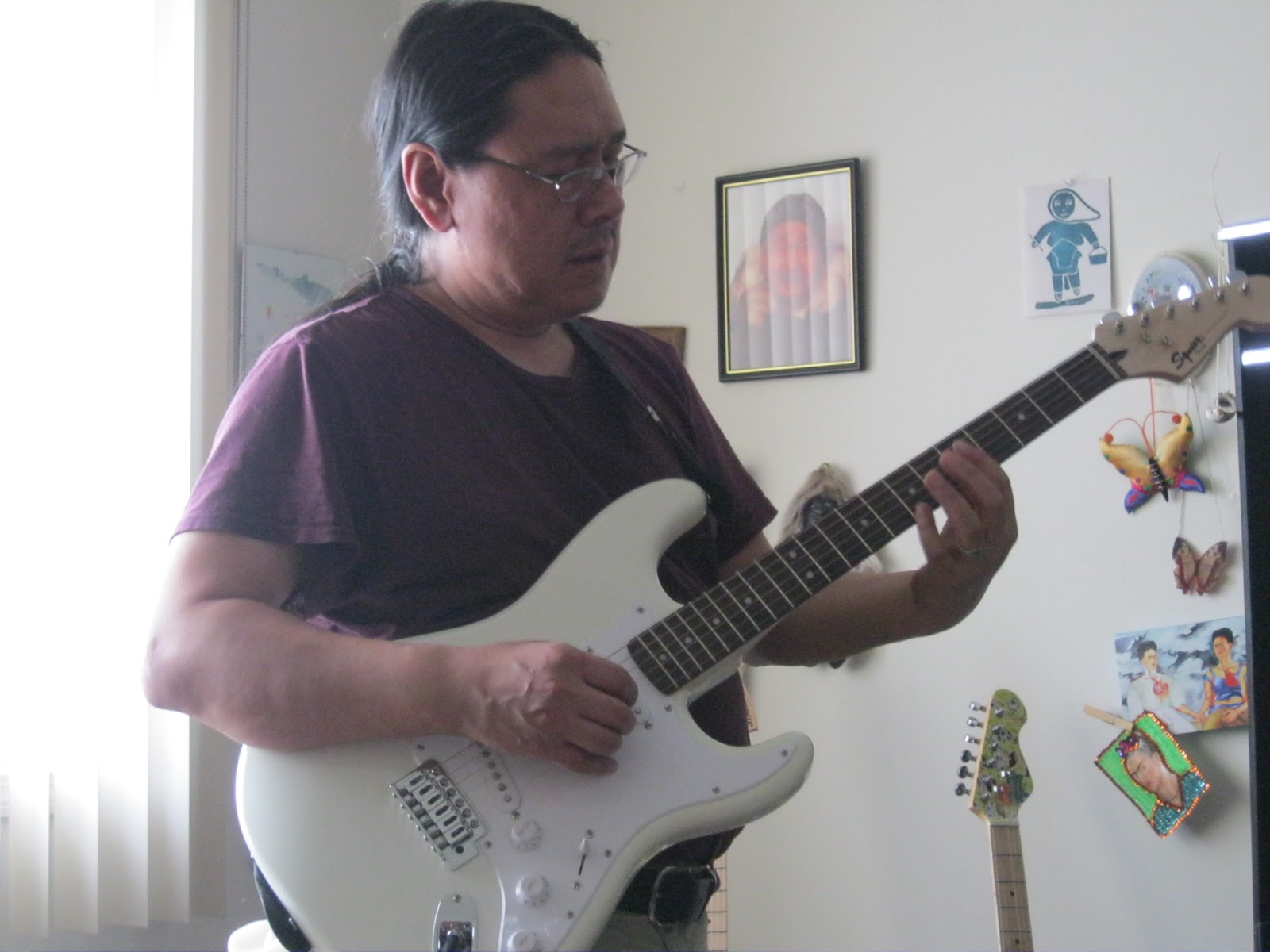The morpho-syntactic rules of the Inuit-Yupik language, unified across the board in this respect, are different from SVO or OSV languages, say, English or French. Inuktut (the Inuit language) has this syntax for the intransitive predicate:
pisuk + tunga pisuktunga
to walk (or verb-ing)+I to walk I am I am walking/I walk
The pattern looks like this: infinitive verb + default (progressive) present tense/aspect + subject of the predicate in the indicative mood.
To this, one may insert non-present adverbial tenses (more on proximity of temporality later).
pisuk + lauq+tunga pisulauqtunga
to walk past I to walk I did I was walking/I walked
or,
pisuk + niaq+tunga pisungniaqtunga
to walk future I to walk I will I will be walking/ I will walk
-------------
In my next installment, I will explain the use of other subject pronominal endings (person and number) that go with the intransitive, indicative mood using different adverbial morphemes (such as manner, frequency, degree, movement and direction, etc.).

